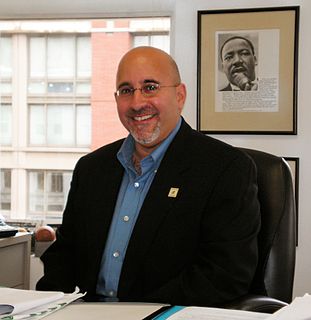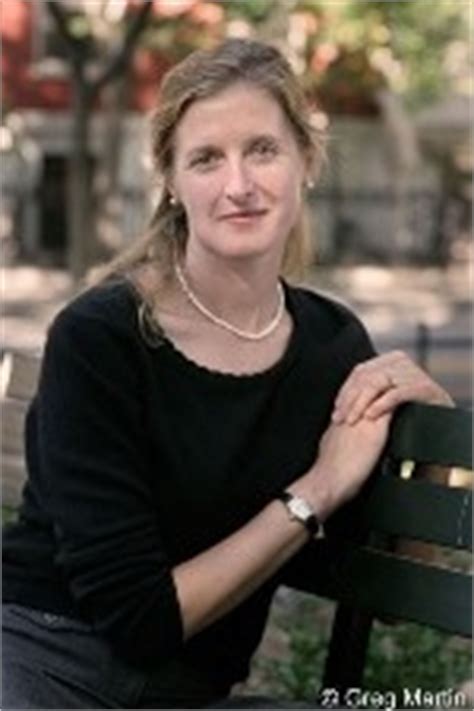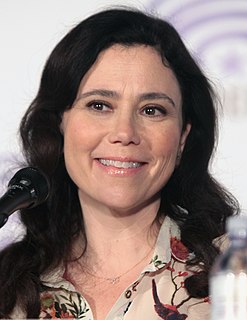A Quote by G. Willow Wilson
An ambitious, surreal tale of the love between a young Arab girl sold into marriage and the orphan boy she adopts, 'Habibi' spans multiple eras of conflict and change, stretching the lifetimes of its two protagonists over many centuries.
Related Quotes
'The Marriage of Souls', like 'The Rationalist', is an exploration of humanist philosophy wrapped between the delicate leaves of an eighteenth-century tale. The story of the two novels - and they should be read as a two-volume work - centres around the old war-horse of boy meets girl, boy loses girl, boy finds girl. But what a boy and what a girl.
Marriage ... has historically been a battlefield, the site of collisions within and between governments and religions over who should regulate it. But marriage has weathered centuries of skirmishes and change. It has evolved from an institution that was imposed on some people and denied to others, to the loving union of companionship, commitment, and caring between equal partners that we think of today.
I recall an 18-year-old girl named Rachel in Zambia who was given a grant to start a business of her choosing. She decided to breed goats so she could sell the meat and the milk, and donate the kids to orphan children. She herself was an orphan, stepping into young adulthood with no resources, and it was her first opportunity to earn her own money.
It is wrong to take an 18-year-old boy or girl and arm them with machine guns and make them the almighty king of some little Arab village. No young man, and no old man either, should have so much power over the life and death of so many helpless individuals. It is corrupting. It sometimes provokes desperate, savage and indiscriminate violence among the occupied.
Every fairy tale, it seems, concludes with the bland phrase "happily ever after." Yet every couple I have ever known would agree that nothing about marriage is forever happy. There are moments of bliss, to be sure, and lengthy spans of satisfied companionship. Yet these come at no small effort, and the girl who reads such fiction dreaming her troubles will end ere she departs the altar is well advised to seek at once a rational women to set her straight.
Two thirds of the work in the world is done by women. Women own 1 percent of the assets. Young women are sold into prostitution, forced labour, premature marriage, forced to have children they don't want or they can't support. They're abused, raped, beaten up. Domestic violence is supposed to be a cultural problem. They are the first victims of war, fundamentalism, conflict, recession. And young women who have access to education and health care and have resources think that everything was done, they don't have to worry.
It's a tale of redemption. It's a tale of a girl who is going on a journey, who makes mistakes as most young people do... the credit card companies love sending you credit cards so you exceed your limit and they can charge you interest. And this is a girl who overcomes her problems and figures a way out of her financial crisis, and hopefully the world will do the same thing.





































